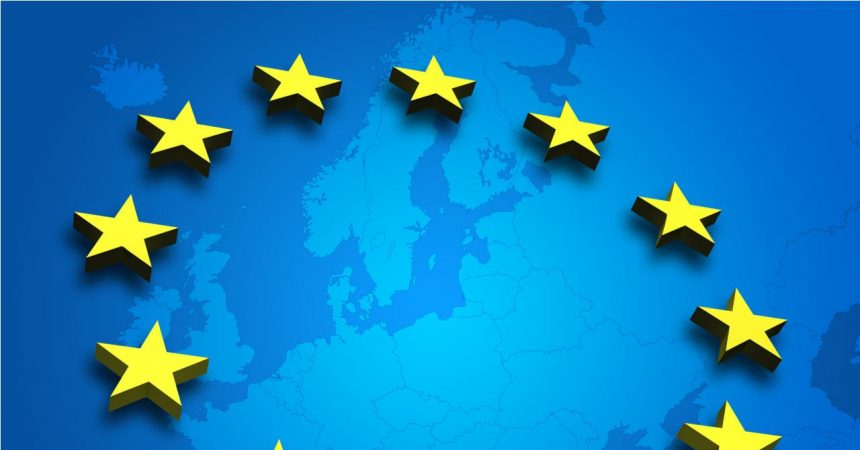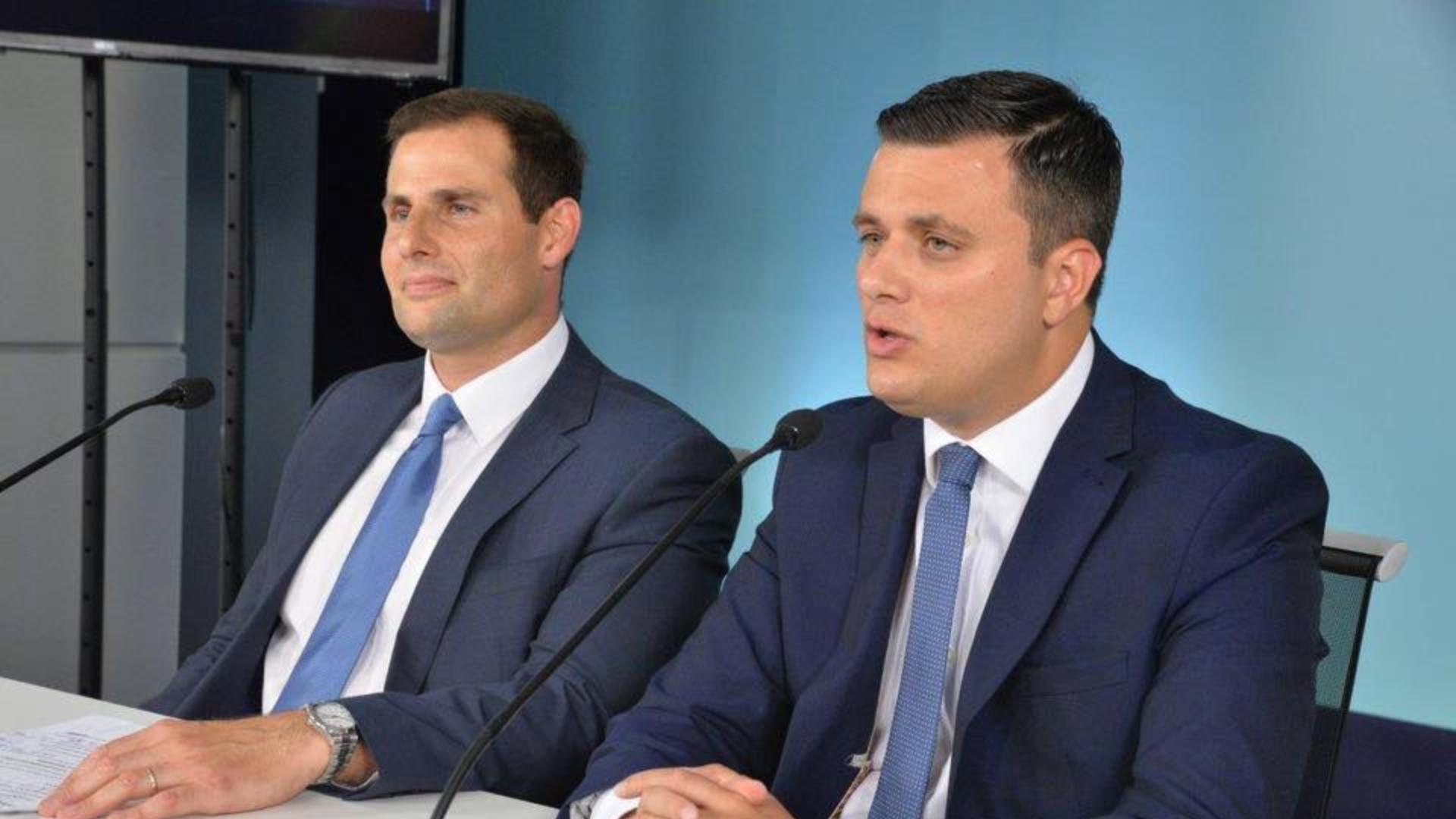The resounding victory at the polls by Hungary’s anti-immigrant nationalist leader Viktor Orbán poses a serious problem for Europe.
Now in his fourth term, Orbán has gradually dismantled Hungary’s democratic checks and balances, curbed judicial independence and clamped down on the independent media.
Riding on a wave of xenophobic rhetoric, directed against refugees, Brussels and George Soros, Orbán has wiped out any sort of parliamentary opposition and has now set his sights firmly on silencing civil society.
Not only is the Hungarian leader planning to introduce laws to undermine the independence of courts and ban civil society organisations unless they get government approval but Orbán will become even more aggressive in his attacks against the media and critical business leaders.
Significantly, the European People’s Party has so far defended Orbán and continue to give him the benefit of the doubt despite his refusal to participate in the relocation programme for 120,000 asylum seekers and allegations of misuse of EU funds.
The EPP has so far refused to criticise Orbán’s defiance of EU values but his critics inside the party are openly denouncing his politics.
Swedish MEP Gunnar Hökmark was not too pleased with the messages of congratulations sent to Orbán by the EPP leaders Joseph Daul and Manfred Weber.
“We shouldn’t be congratulating a leader whose rhetoric goes well against our EPP values,” Hökmark said.
But Orbán is not the only European leader who is veering away from liberal democracy. Governments in Poland, the Czech Republic and (possibly) Italy are becoming increasingly Euroskeptic, populist, nationalist and irredentist.
Orbán epitomises the charismatic leadership which draws its strength from the ability of sniffing where the wind of public opinion will blow and exploiting it electorally.
Following Sunday’s election, international observers said the election was characterised by “intimidating and xenophobic rhetoric, media bias and opaque campaign financing”.
Organisation for Security and Cooperation in Europe (OSCE) observers said the hostile discourse limited space for substantive debate and diminished voters’ ability to make an informed choice. They also noted that public television “clearly favoured the ruling coalition”.
Sounds familiar? Most European strongmen, including our own Joseph Muscat, differ in many matters but they also converge on others.
In some countries, such as Hungary, Poland and the Czech Republic governments openly seek to control the media, universities, courts and NGOs. In others, the same aims of silencing critics in the media, civil society and the business world and chipping away at the checks and balances which guarantee democracy are reached in more subtle ways.
In Hungary, Orbán has increased media control by legal changes, regulatory steps and takeovers of media outlets by his friends in the business sector.
This week Magyar Nemzet (Hungarian Nation), one of Hungary’s leading newspapers, will close its doors Wednesday due to financial problems created by their refusal to toe Orbán’s line.
Magyar Nemzet’s owner Lajos Simicska was a former ally of Orbán and his Fidesz party but after becoming a fierce opponent government stopped commissioning advertising space in the publication, leading to its eventual collapse.
Orbán’s allies have already acquired other media outlets who were critical and state advertising has been channeled to government-friendly outlets, setting up an unfriendly environment for independent journalism and critical voices.
In Malta, the two mainstream parties already own or exert direct or indirect control on most of the media. Moreover government spending makes up a huge chunk of the media’s advertising revenue, making all media, including independent media dependent on state advertising.
In addition, government spent more than €2.5 million in four years in Facebook and Twitter ads.
This coupled with government’s refusal to protect Maltese journalists from vexatious foreign lawsuits designed to silence critics has the same chilling effect on independent journalism as the one inflicted on journalists by Orbán.
While in Hungary Orbán wants to abandon liberal democracy in favor of an “illiberal state,” citing Russia and Turkey as models, in Malta Muscat’s government hides behind the smokescreens of civil rights and a new media law to achieve the same result; a weaker media and bigger electoral victories.












